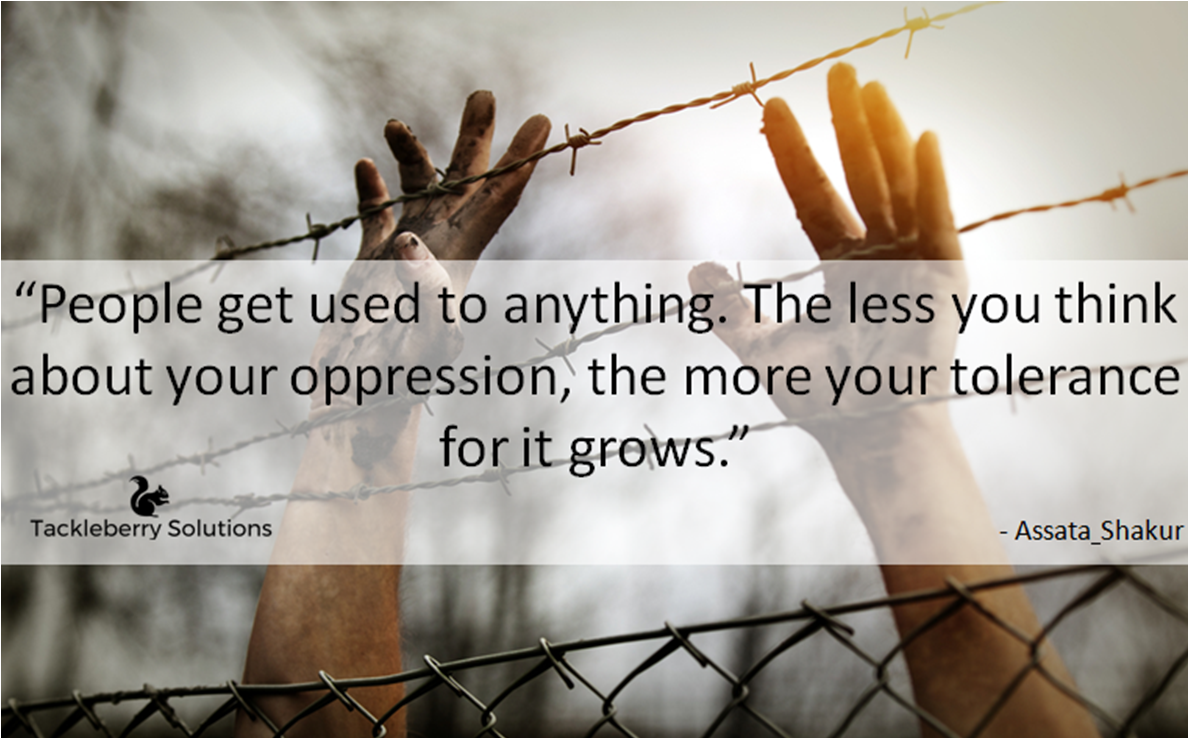Civil forfeiture in the United States
Definition of Civil Foreiture: a legal process in which law enforcement can take property or assets without charging the individual of a crime and without due process. (Kind of like the Red Flag Law)
That means that law enforcement or government agents can seize whatever they want from you without any proof of any crime.
Take this family for example:
Historical Backgound
So where did the government get this idea? The British.
Believe it or not, the origin of this law is based off of a British Law (The British Navigation Acts) in the 1600's used to seize ships that were not flying the British Flag.
"During the later Colonial years, forfeiture practices by the Crown officials using writs of assistance were one of the many activities that angered colonists, who saw the writs as "unreasonable searches and seizures" which deprived persons of "life, liberty, or property, without due process." The early Congress wrote forfeiture laws based on British maritime law to help federal tax collectors collect customs duties, which financed most of the expenses of the federal government in the early days of the republic. Seizures allowed government to confiscate property from citizens who failed to pay taxes or customs duties. The Supreme Court upheld these forfeiture statutes in situations where it was virtually impossible to get hold of guilty persons on the high seas while possible to get hold of their property. During much of the 19th century there was not much attention paid to forfeiture laws." - Civil forfeiture in the United States
Governmental Greed
The excuse? To fight the drug war. However, not many are aware that this law has been encouraged more aggressively among the law enforcement on the highways since 9/11.
“All of our home towns are sitting on a tax-liberating gold mine - turning our police forces into present-day Robin Hoods.” Deputy Ron Hain
Here is what this article found on the matter:
Freedom in America

It's things like this that remind me of the American Revolution and the Holocaust. Every major event in history always started out small. What allowed the oppression to grow? The inaction of the majority.
Every time I see something like this happen, so many people come back with excuses of why it wasn't a big deal or why the law or action was needed. They completely ignore the root fact of the matter. Which is that it puts oppression on the innocent.
If we can stand together as a nation for what is right and just, we can make America great again.



